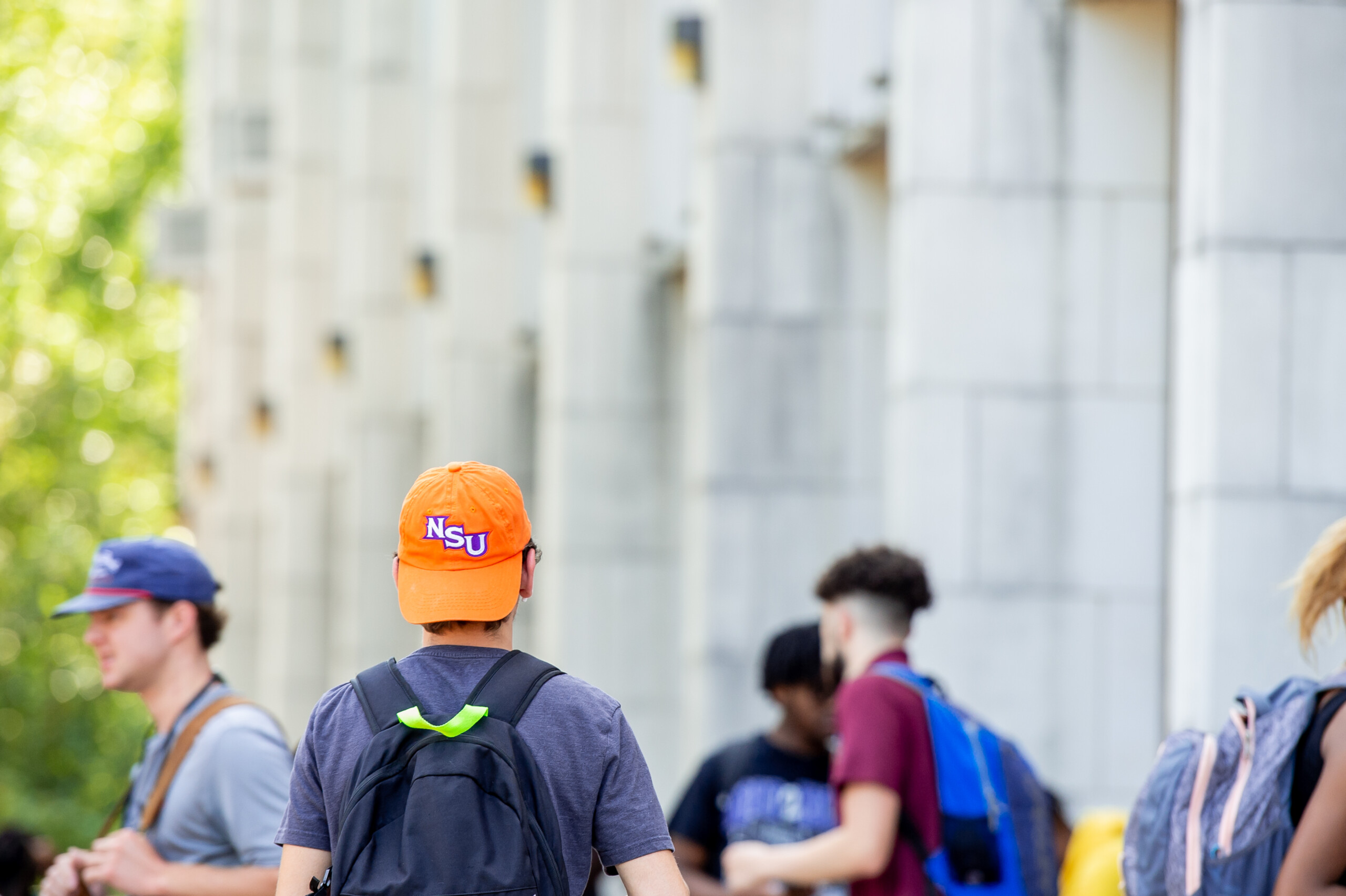NATCHITOCHES—Northwestern State University’s enrollment decline this fall reflects nationwide trends of student population losses in higher education, and the university is expanding initiatives to reestablish its recent pattern of enrollment growth and stability.
The fall semester enrollment of 9,389 is down from last year’s registration of 10,735. Fall registration exceeded 10,500 for five consecutive years and climbed to 11,447 in 2020 before the full impact of the pandemic hit NSU and most other universities in the state and nation.
NSU president Dr. Marcus Jones noted that the university “had its five highest enrollments since 2004 from 2017 until this fall. We are sharply focused on strategies that will allow us to recapture that momentum despite the challenges created by COVID.”
Colleges and universities across the country lost 1.2 million students in the first two years of the pandemic, and higher education leaders have projected that enrollment will be down by as much as 1 million more this fall.
A continuing decline in the college age population nationally is among the factors cited for the reduction in enrollment, “and the negative fallout from COVID has exacerbated the problem,” the NSU president said.
Jones said pandemic-related inflation, a tight labor market that has made more jobs available to non-college graduates, increased costs for university admission, and other issues have resulted in a significant decline in the number of high school graduates continuing their education.
The National Center for Education Statistics reports that the proportion of high school graduates enrolling in college the fall after finishing high school fell from 70 percent in 2016 to 63 percent in 2020, the last year for which figures are available.
“Studies are also showing,” Jones stated, “that enrollment losses have been greater in parts of the nation like North Louisiana that have larger low-income and minority populations.”
Dr. Jim Henderson, president of the University of Louisiana System that governs Northwestern and eight other universities, said, “After two years of pandemic with five named storms, students are under immense stress. Working age students with life and family obligations, a key student demographic for our member institutions, are particularly affected.”
He said, “Our efforts to re-engage these students will boost enrollment and, far more important, ensure these students are empowered with the economic mobility that accompanies a college degree.”
Jones said Northwestern’s enrollment losses, which have resulted both from pandemic-connected issues and new university policies tightening restrictions on the re-admission of students with excessive unpaid balances, “are being addressed from multiple perspectives.”
He said the university “has engaged national consultants on the establishment of more effective enrollment funnels and recruitment and retention strategies and also on assisting graduates in becoming even more valuable and relevant in various labor markets.”
Jones pointed out that NSU “offers 7 of the 10 fastest growing degree programs in the nation and academic programs that prepare students for 9 of the 10 most in-demand professions.” He said 95 percent of last year’s graduating classes are employed in fields related to their studies or enrolled in graduate school.
Vanner Erikson, interim director of enrollment management and director of recruiting, said the university has expanded and enhanced communications with prospective students “through direct mail, social media platforms, marketing and advertising strategies, visits to high school campuses, special events at NSU and other initiatives.”
He said the university is creating increased awareness of tuition waivers and other financial support for out-of-state students, children and grandchildren of alumni and other prospective students who meet certain criteria.
Erikson said Northwestern “is offering an unprecedented amount of assistance to students through varied and extensive grants and scholarships provided through the continued generosity of university alumni and corporate partners.”
He stated that the university has increased its emphasis on student retention through a mentoring network for freshmen, personalized connections with students and parents through a new student engagement platform, and a “renewed focus on superior customer service from every office, division, and employee of the university.”

